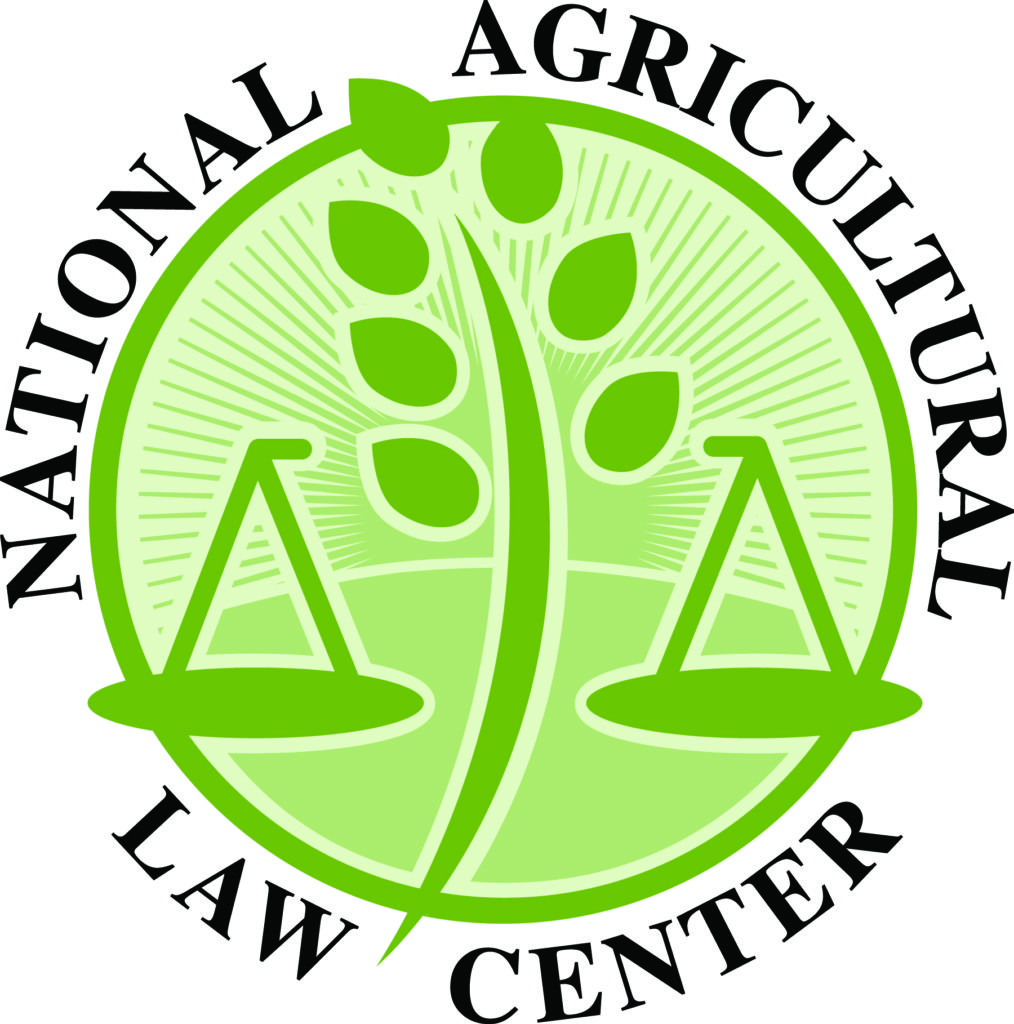JUDICIAL:
Proposed rule; reopening of comment period: Food and Nutrition Service (FNS), USDA;
This proposed rule seeks to amend the regulatory standards by which the U.S. Department of Agriculture evaluates State Supplemental Nutrition Assistance Program (SNAP) agency requests to waive the time limit and to end the unlimited carryover of able-bodied adults without dependents (ABAWD) percentage exemptions. The proposed rule would encourage broader application of the statutory ABAWD work requirement, consistent with the Administration’s focus on fostering self-sufficiency. The original comment period for this proposed rule ended on April 2, 2019. FNS seeks to reopen the comment period on April 8, 2019, for a period of 3 days ending April 10, 2019. Info HERE
Notice: Food and Nutrition Service (FNS), USDA;
In accordance with the Paperwork Reduction Act of 1995, this notice invites the general public and other public agencies to comment on this proposed information collection for The Role of Job Search as a Supplemental Nutrition Assistance Program (SNAP) Employment and Training (E&T) Component. This is a new information collection. This study informs the U.S. Department of Agriculture’s (USDA) Food and Nutrition Service (FNS) about the types of job search activities offered through SNAP E&T programs and their effectiveness in moving participants toward employment. Info HERE
Notice; request for comment: Forest Service, USDA; In accordance with the Paperwork Reduction Act of 1995, the Forest Service is seeking comments from all interested individuals and organizations on the extension with revisions to the information collection: Recreation Fee and Wilderness Program Administration. Info HERE
Notice of Solicitation for Applications: Rural Business-Cooperative Service, USDA;
This Notice announces that the Rural Business-Cooperative Service (Agency) is accepting fiscal year (FY) 2019 applications for the Rural Cooperative Development Grant (RCDG) program. Enactment of a continuing resolution or an appropriations act may affect the availability or level of funding for the program. The Agency will publish the program funding level on the Rural Development website.The purpose of this program is to provide financial assistance to improve the economic condition of rural areas through cooperative development. Eligible applicants include a non-profit corporation or an institution of higher education. Info HERE
Notice of solicitation of applications: Rural Business—Cooperative Service, USDA;
This Notice announces that the Rural Business-Cooperative Service (Agency) is accepting fiscal year (FY) 2019 applications for the Socially-Disadvantaged Groups Grant (SDGG) program. Enactment of a continuing resolution or an appropriations act may affect the availability or level of funding for this program. The Agency will publish the program funding level on the SDGG website located at http://www.rd.usda.gov/programs-services/socially-disadvantaged-groups-grant. Expenses incurred in developing applications are the responsibility of the applicant.The purpose of this program is to provide technical assistance to Socially-Disadvantaged Groups in rural areas. Eligible applicants include Cooperatives, Groups of Cooperatives, and Cooperative Development Centers. This program supports Rural Development’s (RD) mission of improving the quality of life for rural Americans and commitment to directing resources to those who most need them. Info HERE
Final rule: Environmental Protection Agency (EPA); This regulation establishes a crop group tolerance for residues of flonicamid in or on the commodities in sunflower subgroup 20B. Interregional Research Project Number 4 (IR-4) requested these tolerances under the Federal Food, Drug, and Cosmetic Act (FFDCA). Info HERE
Notice: Environmental Protection Agency (EPA); This notice announces the availability of EPA’s draft human health and/or ecological risk assessments for the registration review of 2,4-DB, aliphatic solvents, chlorine gas, dimethyl disulfide (DMDS), iodine and iodophors, methomyl, methyl bromide, naphthalene, phenmedipham, thiodicarb, tralopyril, and triclosan. Info HERE
LEGISLATIVE:
H.R. 2081: To amend the Animal Health Protection Act to establish a grant program for research on chronic wasting disease, and for other purposes. Info HERE
H.R. 2099: To expand the workforce of veterinarians specialized in the care and conservation of wild animals and their ecosystems, and to develop educational programs focused on wildlife and zoological veterinary medicine. Info HERE
